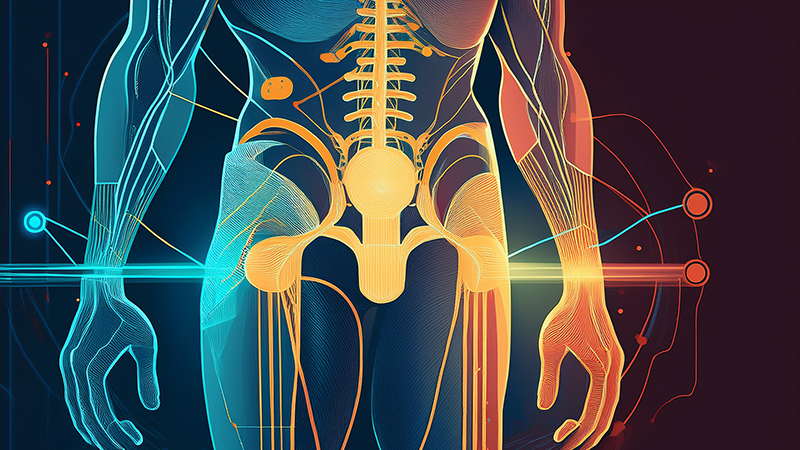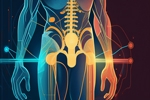
Hip pain can be caused by a variety of factors, from injuries and inflammation to chronic conditions such as arthritis. While some causes are relatively straightforward to diagnose, others require specialized testing to pinpoint the source of the discomfort. One of the most effective ways to diagnose the underlying causes of hip pain is through Electromyography (EMG) and Nerve Conduction Velocity (NCV) studies.
What Are EMG and NCV Studies?
EMG (Electromyography) and NCV (Nerve Conduction Velocity) studies are diagnostic tests used to assess the function of the muscles and nerves. They can be extremely useful when it comes to diagnosing hip pain that might be related to nerve damage or dysfunction. These tests help doctors understand how well your muscles and nerves are working and whether there are any abnormalities contributing to your pain.
- EMG measures the electrical activity in muscles at rest and during contraction. This test helps detect nerve or muscle damage and can show if the nerves that control your hip muscles are functioning correctly.
- NCV measures how fast electrical signals move along your nerves. Slower than normal conduction speeds can indicate nerve damage, which could be responsible for your hip pain.
How Do EMG/NCV Studies Diagnose Hip Pain?
- Assessing Nerve Involvement: One of the most common causes of hip pain is nerve compression or irritation, often caused by issues like a herniated disc, sciatica, or lumbar spine problems. EMG/NCV tests can help determine if a nerve is being compressed or damaged in the lower back or pelvis, which may lead to referred pain in the hip area.
- Identifying Muscle Dysfunction: When nerves are compromised, the muscles they control may not function properly, leading to pain, weakness, or spasms. EMG can detect these abnormalities by measuring the electrical activity of the affected muscles, allowing healthcare providers to determine if muscle dysfunction is contributing to your hip pain.
- Distinguishing Between Nerve and Joint Issues: Since hip pain can also result from issues within the joint itself, such as osteoarthritis or tendonitis, EMG/NCV studies help differentiate between nerve-related pain and joint-related pain. By assessing how your nerves and muscles are functioning, doctors can narrow down the source of your discomfort and create a more effective treatment plan.
- Pinpointing the Exact Location of Nerve Damage: If nerve damage is suspected, NCV tests can help identify the specific location of the nerve injury. For example, damage to the sciatic nerve or other nerves in the lumbar spine could result in pain radiating to the hip. These tests are valuable in pinpointing the location of the issue, which is crucial for treatment planning.
Benefits of EMG/NCV Studies for Hip Pain Diagnosis
- Accurate Diagnosis: By identifying nerve involvement and muscle dysfunction, EMG/NCV studies provide an accurate diagnosis, allowing healthcare providers to differentiate between nerve and joint problems.
- Treatment Guidance: Once a diagnosis is made, doctors can recommend targeted treatments, whether it’s physical therapy for muscle weakness, medication for nerve pain, or surgical intervention for nerve compression.
- Non-invasive Testing: EMG and NCV are relatively non-invasive procedures, making them safe options for diagnosing hip pain without the need for surgery or more complex imaging.
Conclusion:
If you’re experiencing chronic or unexplained hip pain, EMG/NCV studies may offer the answers you need. By helping identify nerve or muscle dysfunction, these tests can play a pivotal role in diagnosing the cause of your discomfort. With the right diagnosis, you can move forward with a targeted treatment plan that helps alleviate your pain and restore your quality of life.
Precision Pain Care and Rehabilitation has two convenient locations in Richmond Hill – Queens, and New Hyde Park – Long Island. Call the Queens office at (718) 215-1888 or (516) 419-4480 for the Long Island office to arrange an appointment with our Interventional Pain Management Specialists, Dr. Jeffrey Chacko or Dr. Sonny Ahluwalia.
Note: This article is for informational purposes only and should not be considered medical advice. Consult a healthcare professional for personalized recommendations.















